STRESS RELIEF
Clinical trials for stress-relieving natural products

Stress is complex. We make studying it simple.
Stress happens when there is a lack of balance between the demands (real or perceived) placed on a person and their capacity to face those demands. Roughly half of Americans suffer from nonstop stress caused by their jobs, the economy, the pandemic, or the general state of the world. This constant level of stress has a ripple effect on human health leading to digestive complaints, heart disease, weight gain, memory loss, and so much more.
Today's consumers want solutions to this widespread issue, and they've shown they're willing to invest in companies that bring proof. A clinical trial with Nutraceuticals Research Institute can deliver the evidence your brand needs to stand out in this crowded market.
Stress is complex. We make studying it simple.
Stress happens when there is a lack of balance between the demands (real or perceived) placed on a person and their capacity to face those demands. Roughly half of Americans suffer from nonstop stress caused by their jobs, the economy, the pandemic, or the general state of the world. This constant level of stress has a ripple effect on human health leading to digestive complaints, heart disease, weight gain, memory loss, and so much more.
Today's consumers want solutions to this widespread issue, and they've shown they're willing to invest in companies that bring proof. A clinical trial with Nutraceuticals Research Institute can deliver the evidence your brand needs to stand out in this crowded market.
Endpoints for Stress Reduction Studies
To measure stress as an outcome, our team utilizes the Franklin Stress Scale (FSS), which is a comprehensive tool that captures the complexity of the stress response. It includes physical signs of stress, emotional symptoms of stress, maladaptive behaviors, the transactional mindset of individuals under chronic stress, and coping potential. This not only accurately captures your products effects on stress, it pinpoints exactly where your products greatest effects are seen.
A natural products stress trial at Nutraceuticals Research Institute will typically focus on 7 - 8 key endpoints. Each product has unique needs, so your trial's specific endpoints will be determined through collaboration between your marketing goals and our research team, ensuring that they match your product's greatest effects. Our most commonly used endpoints include:
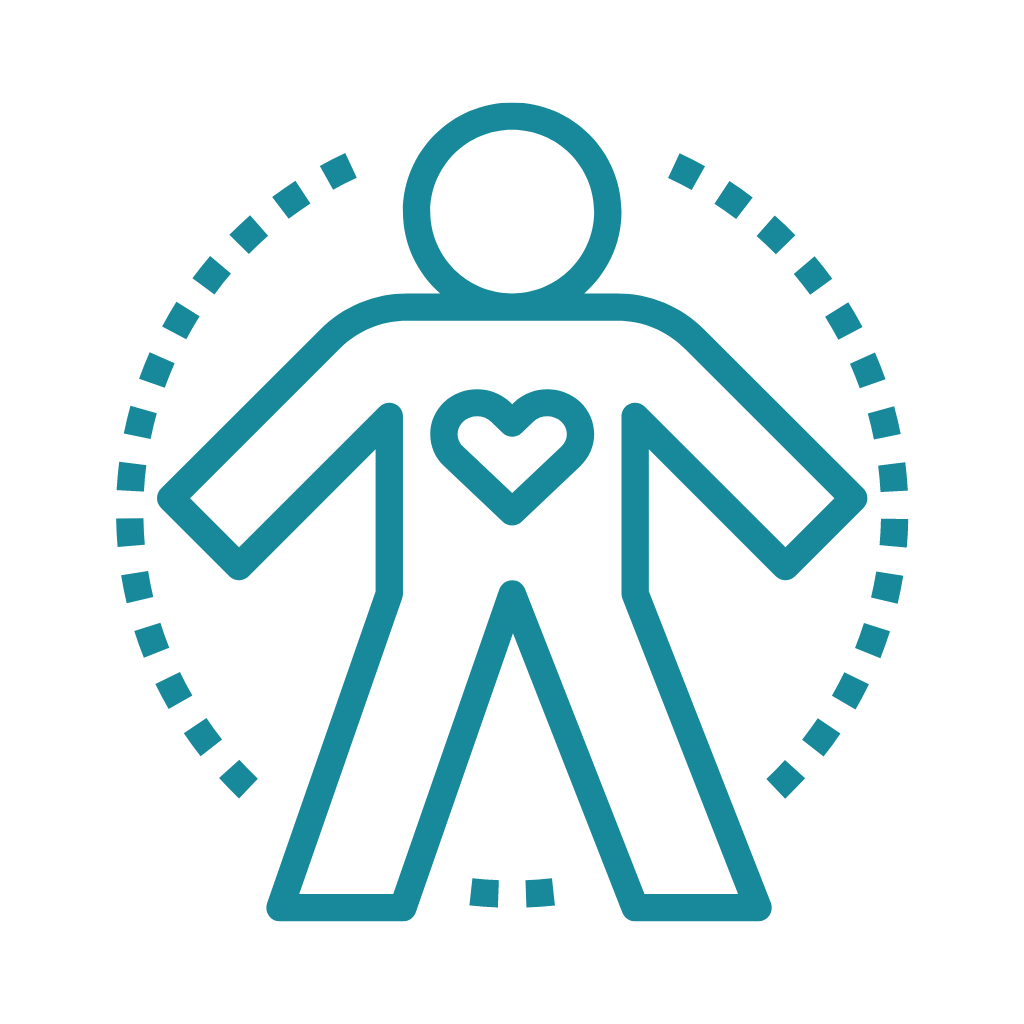
Physical Stress
Physical effects of stress include headaches, muscle aches, tension, and tertiary symptoms such as sweaty palms. This subdomain captures the frequency and severity of these effects.
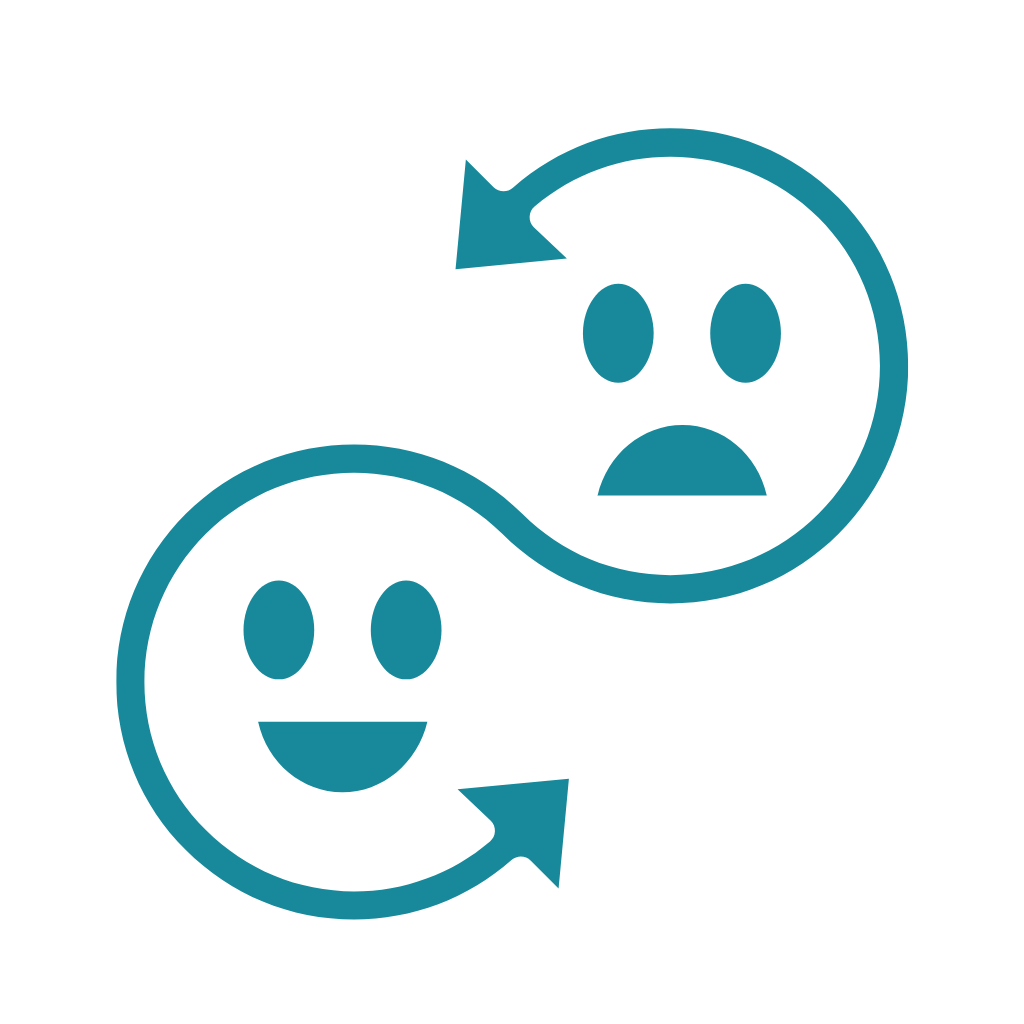
Emotional Stress
Chronic stress affects social-emotional well-being and is demonstrated through irritability, anxious thoughts, anger, lack of motivation, and related symptoms.
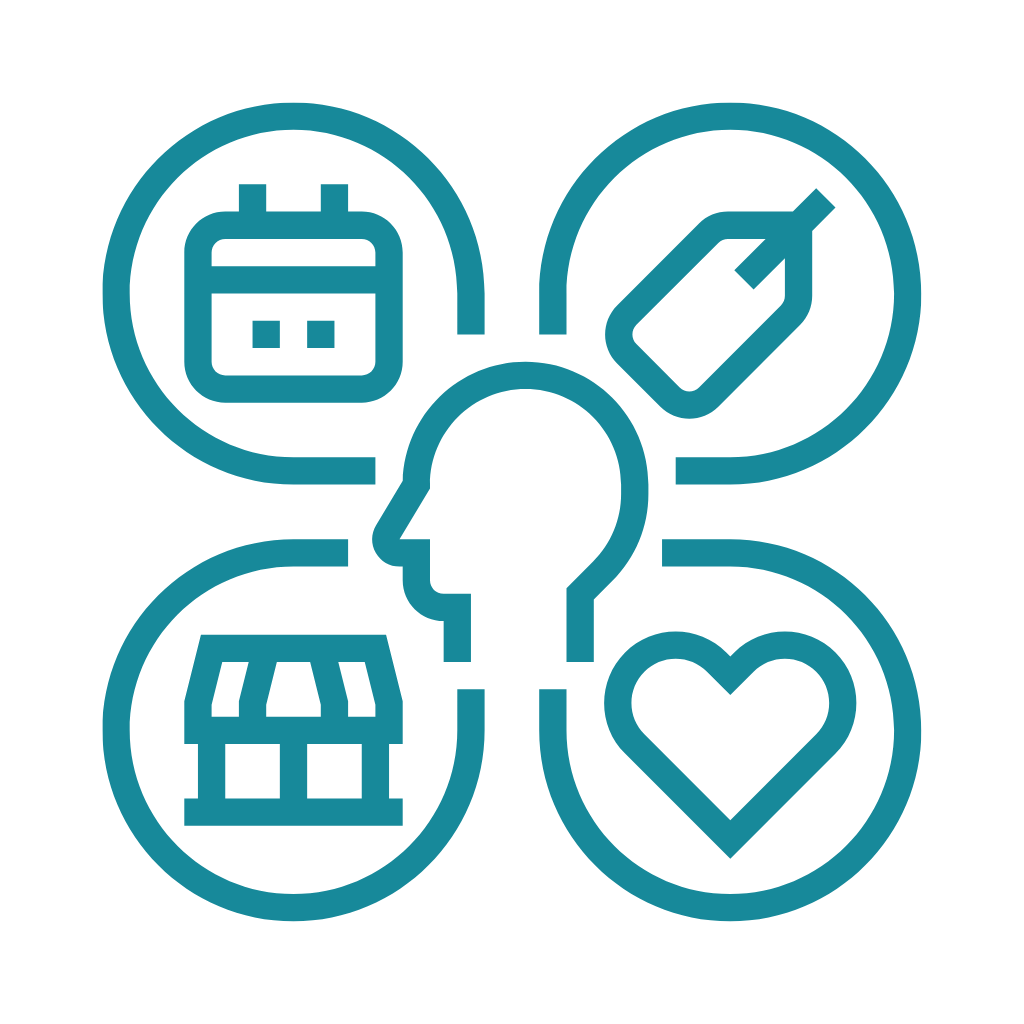
Behavioral Patterns
Stress levels can be assessed through behavioral capacity, including symptoms such as motivation, workplace productivity, procrastination, disordered eating habits, or nail biting.
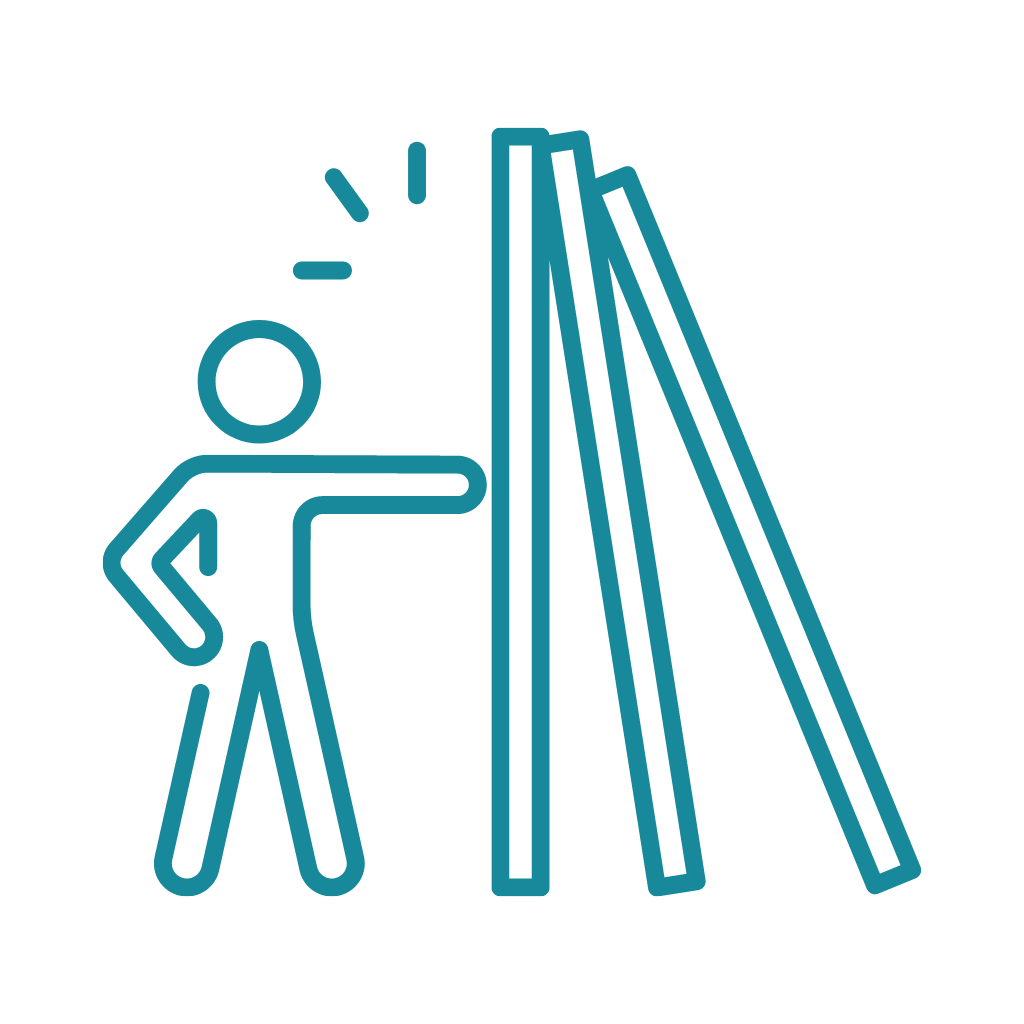
Resilience
Resilience captures the ability of the body to adapt to stress. Stress management products demonstrate effects through direct reductions, as well as through increases in adaptation.

Perceived Stress
The perceived stress subdomain refers to the extent to which a participant considers their demands to exceed their ability to cope. This measures whether or not the participant considers the product to be effective.

Inflammatory Biomarkers
Biomarkers such as IL-6, IL-8, IL-17a, IFN-y, and alpha amylase provide laboratory evidence of reduced stress levels.
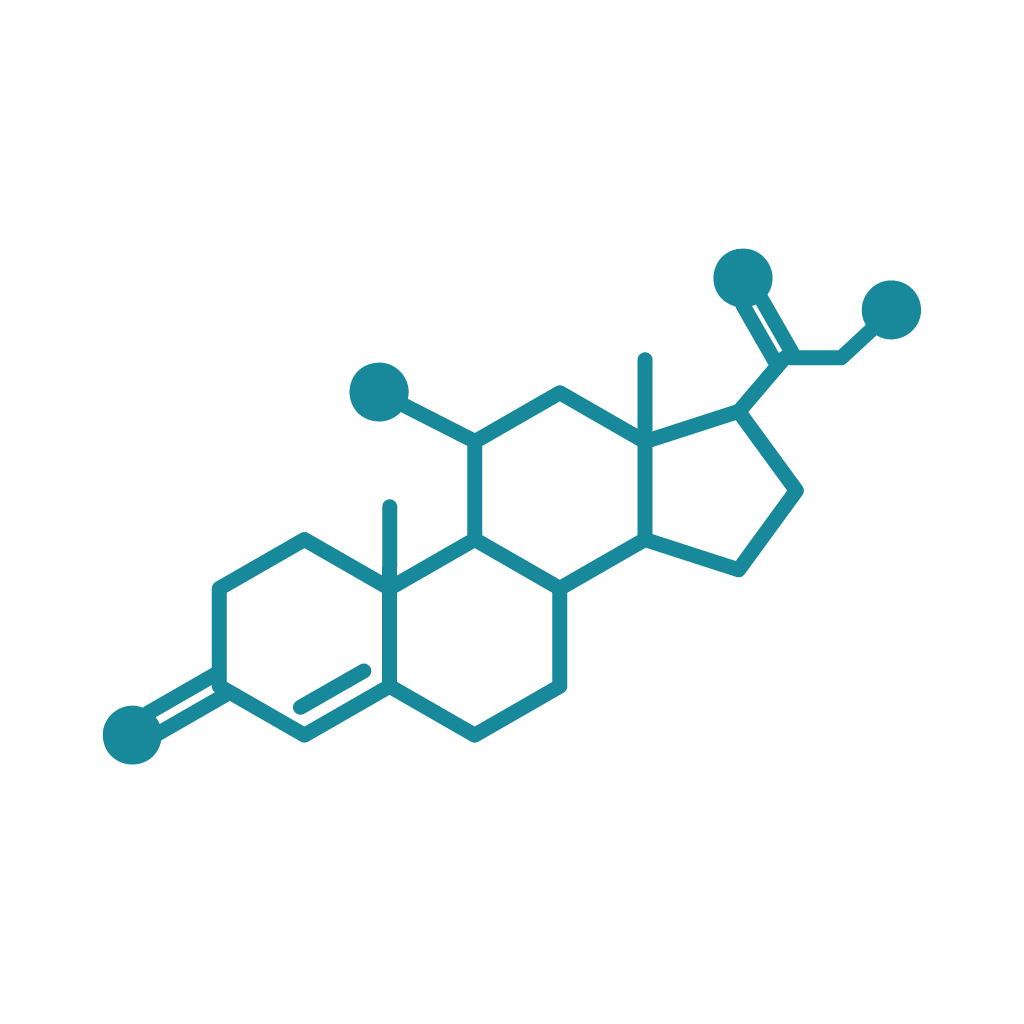
Cortisol
The cortisol awakening response measures the reactivity capacity of HPA axis which is involved in the regulation of the body after stressful events.




Stress Reduction Clinical Trials
The stress response is far from straight-forward. Unlike simplistic lab-related outcomes, such as blood pressure or cholesterol, the outcome of stress reflects a complex combination of both physical and psychological factors. Studying a product's effects on this psychological transaction requires experts who are both familiar with the neurobiology of stress and the benefits of psychometrics.
Working with Nutraceuticals Research Institute for a high quality clinical trial with a stress-related outcome is a worthwhile investment as these studies have the potential to substantiate claims such as:
- reduces stress & frustration
- improves resilience
- supports emotional health
- alleviates occasional stress
- diminishes the effects of stress
Stress may be included in your trial, such as a primary endpoint for a professional burnout study, or a stress-reducing aromatherapy study. It is also frequently included as a secondary or exploratory endpoint for products that target outcomes which may influence stress.
Even if stress is not the primary focus of your product, including it as a secondary outcome can increase your potential claims. For example, improving sleep quality is known to boost stress adaptation. These secondary outcomes provide additional claim substantiation supporting your target outcome.
Questions About Stress-Reduction Trials
-
Is your stress scale validated?
We love talking about our proprietary suite of psychometric measurement instruments!
These tools were developed to far exceed recommendations in the FDA's guidance on the use of Patient Reported Outcome Measures (PROMs) for the substantiation of labeling claims. The scale contains a combination of subjective and objective data which are aggregated to produce total scores on each of the stress related subdomains.
Each of our measures are validated and norm-referenced in a population of healthy adult females. Our development priorities include elimination of floor or ceiling effects in this priority population as well as ensuring that each domain has highly precise sensitivity to change.
Our stress scale was developed and pilot tested with focus groups and qualitative research to ensure face and content validity. They were then tested for psychometric properties using confirmatory factor analysis and item response. Internal reliability was determined via Cronbach's alpha.
Our stress subscales have Cronbach's alpha scores ranging from .82 to .90, which is an ideal range for both exceeding minimum standards for internal reliability while avoiding redundancy and participant burden.
Confirmatory factor analysis confirmed that each subscale measures a single latent factor, with each subscale contributing to the broad latent factor of stress. Factor loadings were all below 0.5, SRMRs were below 0.8, and coefficient of determinations were above 0.8.
In item response theory testing using graded response modeling, each item in the final version of the scale was found to be highly discriminating with IRT discrimination (trait) parameters all above 1.5 and over 50% of item trait parameters above 2.0. Difficulty parameters and test information curves identified that the test is most reliable within +/- 1.5 standard deviations of the mean.
Practically speaking, this means that the test is calibrated to identify stress levels among an average American female adult population and is capable of identifying changes that go both above and below the norm. This ensures that our measures capture the totality of your product's effects on each subdomain of stress.
-
How long does a stress reduction trial take?
We create each and every trial around your product's key benefits. The intervention period is going to be the driving factor in the trial's total duration.
As a general rule, plan on 6-8 weeks from contract execution to the first participant's start date. This time is for protocol development and obtention of ethical authorizations/registrations. This is the most important timeframe of the entire study as it lays the groundwork for a trial that meets our high standards of quality and is capable of staying on the target timeline.
Following the first participant's start date, we typically recommend adding 2 months to the total intervention period for us to hand-select each participant in your study among our nationwide community of participants. This means that a 1-week intervention would require approximately 9 weeks for this phase, whereas a 3-month intervention would require approximately 5 months.
After all data are collected, our team audits each dataset to ensure accuracy. We then clean the data, construct the outcome variables from the data collected, and begin statistical analysis. This phase takes 4-6 weeks on average. More complex studies with multiple outcomes can take several months.
Once outcomes are confirmed, we immediately provide you a quick review of the findings. Our team then spends another 2-4 weeks creating a long-form technical report that goes into precise details of the entire study, a submission-ready scientific manuscript for publication of the findings, and a full color lookbook which contains the technical report contents as well as attention catching graphs and charts. This ensures that everyone on your team, from legal to scientific to marketing, has access to the findings in the form that best meets their needs.
-
How does your approach of custom protocol creation affect the budget?
With our approach of custom protocol creation for each clinical trial, we're able to reduce inefficiencies in the research process and eliminate needless overhead costs that are not relevant to the standards for health-enhancing products. Not only does this approach substantially reduce the cost of a clinical trial for your stress product, it also improves the quality of the trial. It's a win-win.
So what does this actually look like for your trial? At Franklin, we prioritize transparent pricing. Each and every trial is a bespoke design based on your sleep product's unique needs, with your budget and goals in mind. With our extensive expertise in natural products and clinical research, we're often able to come up with creative solutions to work with any trial budget.
The typical randomized, double-blinded placebo-controlled clinical trial for a stress reduction product varies based on a number of factors. On the lower end, a trial may run anywhere from $45,000-$75,000 for a week-long aromatherapy based stress study with 60 people. On the upper end, a 3-4 month intervention with larger groups and more complex analyses can run into the mid-$200,000 range. Our scientists will work with you to develop a stress reduction trial that captures the real world effects of your product while staying within the confines of your budget.
-
Can a stress-related outcome be added to another trial?
Absolutely! Many, if not most, natural products have some type of effect on stress levels in consumers. Given the substantial ripple effect of stress on every system in the body, including stress as a secondary or even exploratory outcome in a trial is an easy–and affordable–way to unlock additional claims.
Stress Reduction Clinical Trials
The stress response is far from straight-forward. Unlike simplistic lab-related outcomes, such as blood pressure or cholesterol, the outcome of stress reflects a complex combination of both physical and psychological factors. Studying a product's effects on this psychological transaction requires experts who are both familiar with the neurobiology of stress and the benefits of psychometrics.
Working with Nutraceuticals Research Institute for a high-quality clinical trial with a stress-related outcome is a worthwhile investment as these studies have the potential to substantiate claims such as:
- reduces stress & frustration
- improves resilience
- supports emotional health
- alleviates occasional stress
- diminishes the effects of stress
Stress may be included in your trial, such as a primary endpoint for a professional burnout study, or a stress-reducing aromatherapy study. It is also frequently included as a secondary or exploratory endpoint for products that target outcomes which may influence stress.
Even if stress is not the primary focus of your product, including it as a secondary outcome can increase your potential claims. For example, improving sleep quality is known to boost stress adaptation. These secondary outcomes provide additional claim substantiation supporting your target outcome.